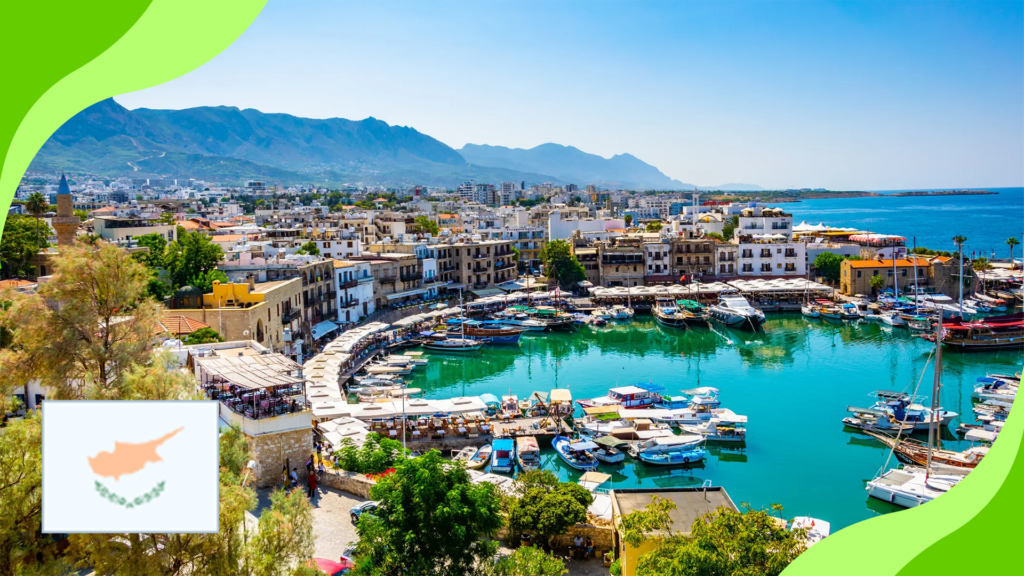
Cyprus offers a diverse education system with English and Greek as primary languages of instruction. It includes public and private universities, vocational institutions, and international schools. Higher education follows the Bologna system, with universities offering a range of programs in various fields. The country’s strategic location and quality of education attract international students.
To study in Cyprus, international students typically need a student visa.
You should first receive an acceptance letter from a recognized Cyprus institution.
Submit the visa application form along with required documents, including proof of sufficient funds, health insurance, and a clean criminal record.
Cyprus offers scholarships to international students, primarily through the Cyprus Government Scholarships Program.
Additionally, universities and colleges may have their scholarship programs for outstanding students.
Cyprus hosts a range of universities and colleges offering programs in various fields.
Notable institutions include the University of Cyprus, Cyprus University of Technology, and Eastern Mediterranean University.
Popular courses include business, hospitality, engineering, and computer science.
The cost of living in Cyprus can vary depending on the location and lifestyle.
On average, monthly living expenses, including accommodation, food, transportation, and miscellaneous expenses, may range from 600 to 1000 EUR.
Rent for a shared apartment or dormitory room is a significant expense, and cooking at home can help save money.
Tuition fees vary depending on the institution and program.
Public universities tend to have lower fees compared to private institutions.
Tuition for international students can range from 2,000 to 8,000 EUR per year, with some programs being more expensive.
Many programs are offered in English, so proficiency in English is often required.
Some universities may require international students to demonstrate their English language proficiency through tests like IELTS or TOEFL.
While studying in Cyprus, international students can work part-time, usually up to 20 hours per week during the academic year and full-time during vacations.
This can help cover living expenses and gain work experience.